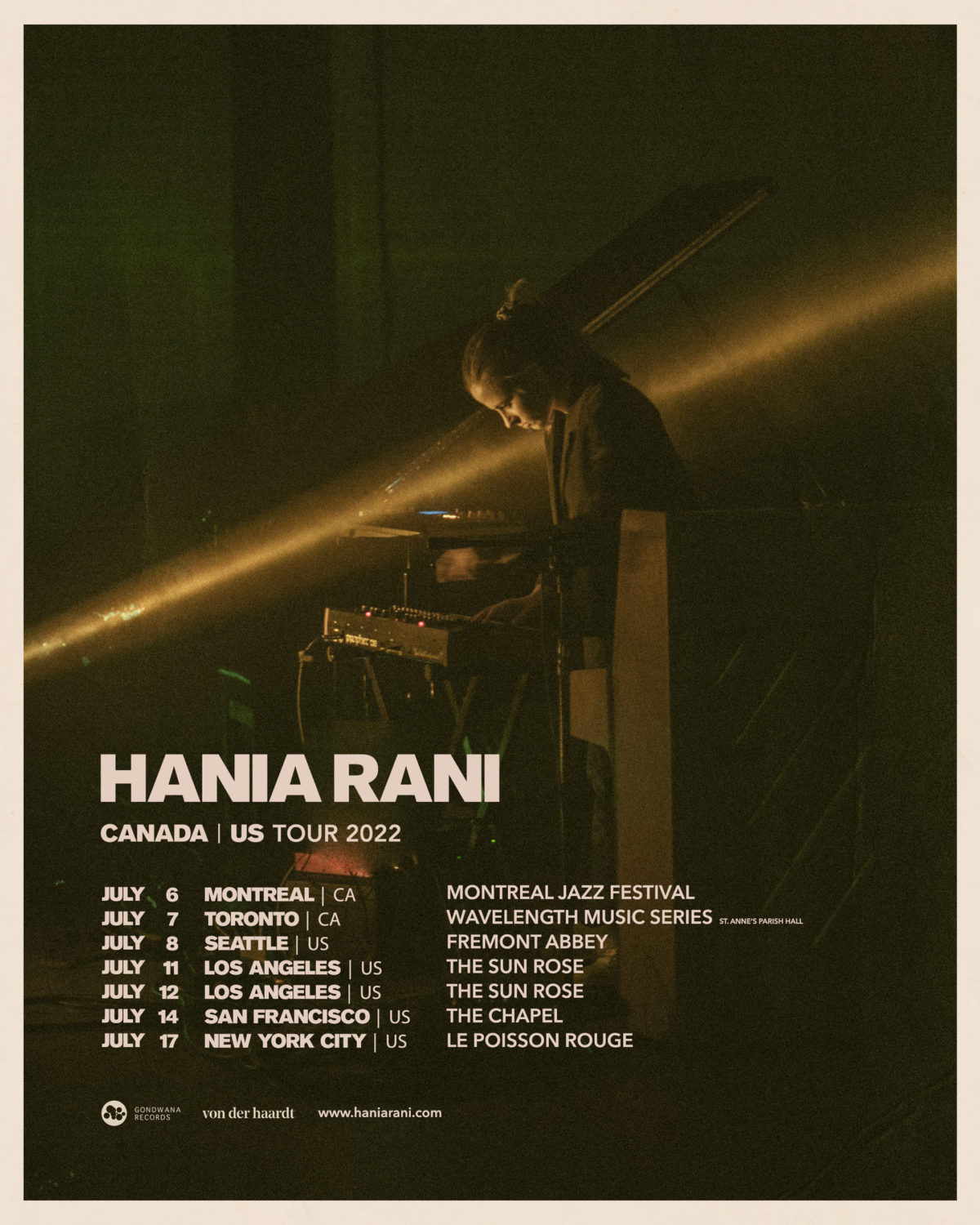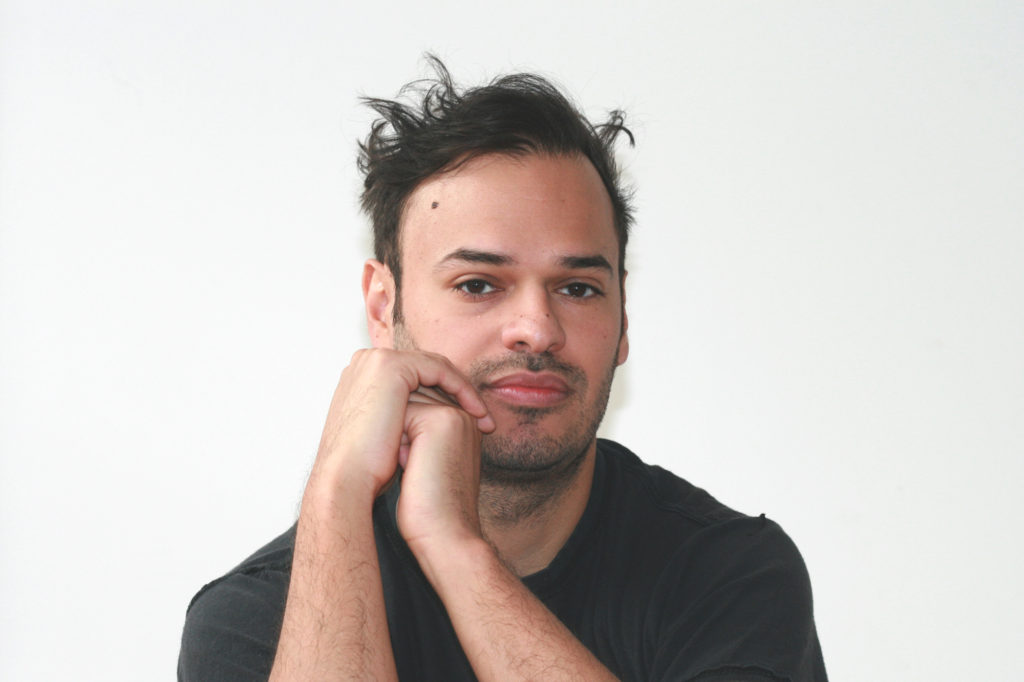Jul
17
with Bryan Senti
Sun July 17th, 2022
7:30PM
Main Space
Minimum Age: 18+
Doors Open: 6:30PM
Show Time: 7:30PM
Event Ticket: $15-$20
Day of Show: $15-$20

Ticketing Policy
Proof of vax is NOT required for this event
Hania Rani

This Polish neo-classical pianist and composer employs a delicate, vulnerable, and minimalist playing style with modern recording techniques to evoke themes of self, home, and landscape. Born in 1990 in the northern coastal city of Gdańsk, the peaceful tone of Rani’s music suggests the rippling, wide expanse of water which she was close to during much of her youth. She was classically trained at the Feliks Nowowiejski music school in her hometown, where she met cellist and best friend Dobrawa Czocher. Later Rani moved on to Warsaw’s Fryderyk Chopin University of Music where she built upon her devout, conscientious approach to study with extra-curricular diversions into jazz and electronica. Following 2015’s Biała Flaga — a joint album release with Czocher — she traveled to Reykjavik to compose and record solo material. Jazz trumpeter Matthew Halsall was so impressed by her demos that he offered to issue her 2019 debut album, Esja, on his Manchester-based Gondwana Records. This record’s release led to five Fryderyk nominations for Rani in Poland, and she began to talk about its 2020 sequel, Home. She was born Hanna Raniszewska to a doctor and an architect. While none of her family were professional musicians, during her formative years, violin, guitar, and trumpet music was regularly heard around the house. At age six, Rani started to play lullabies after her parents bought her a piano. By age 10 she was studying the greats — particularly the works of the national icon Chopin — and practiced for eight hours a day. During her stint at university in Warsaw, she took a more experimental approach, and by the time she moved to Berlin for further music studies, she had developed an obsession with sound recording, inspired by local artists such as Nils Frahm. Her recordings in Reykjavik from 2017 onward formed the basis of what would become the 2019 debut solo LP, Esja. Named after a mountain range which sits just 10km outside the capital, it was a wholly instrumental affair recorded with microphones placed close to the piano, capturing detail such as the creaking of the pedals. Inspired by Iceland’s weather system as much as its landscape, the record led Polish journalists to decorate Rani with a Sanki award, naming her one of the most interesting new music talents in the country while tours of the U.K., Denmark, The Netherlands, and Japan ensued. That same year her music appeared in Piotr Domalewski’s film I Never Cry, while in early 2020 she contributed to director Michał Zdunik’s version of the Henrik Ibsen play Nora. By that point, Home, her planned follow-up to Esja, was in the can. Recorded largely in Poland — and featuring drummer Wojtek Warmijak and bassist Ziemowit Klimek in places — it saw Rani make her vocal debut on tracks such as the lead single “Leaving.”
Bryan Senti

LA-based composer, multi-instrumentalist and producer Bryan Senti, is set to release his post-classical debut album ‘Manu’ on the 24th June via French independent, Naïve. A virtuoso violinist, Senti has worked with artists including Dustin O’Halloran, Peter Gregson and Niklas Paschburg and has scored multiple films and TV shows. Senti began studying violin at the age of three and went on to study composition at Yale and Carnegie Mellon in the US. He was the lead composer on the 2021 BAFTA winning series ‘Save Me’ and featured on Dustin O’Halloran’s Deutsche Grammaphon debut ‘Silfur’ as well as Peter Gregson’s latest DG release, ‘Patina’. Senti once again works with themes close to the heart, deftly transforming our understanding of the relationship between neo-classical music and the folk and indigenous music of Latin America – Senti is of Cuban and Colombian decent. “Manu, for me, is a deeply personal record that threads the needle between the western classical music that I was schooled in and the music of my parent’s homelands, Colombia and Cuba, as well as greater Latin America. At the outset of my journey to connect these two worlds was a re-examining of performance practice on my primary instrument, the violin. So much of what is saliently characteristic of folk music is encapsulated in the way it’s played”.

